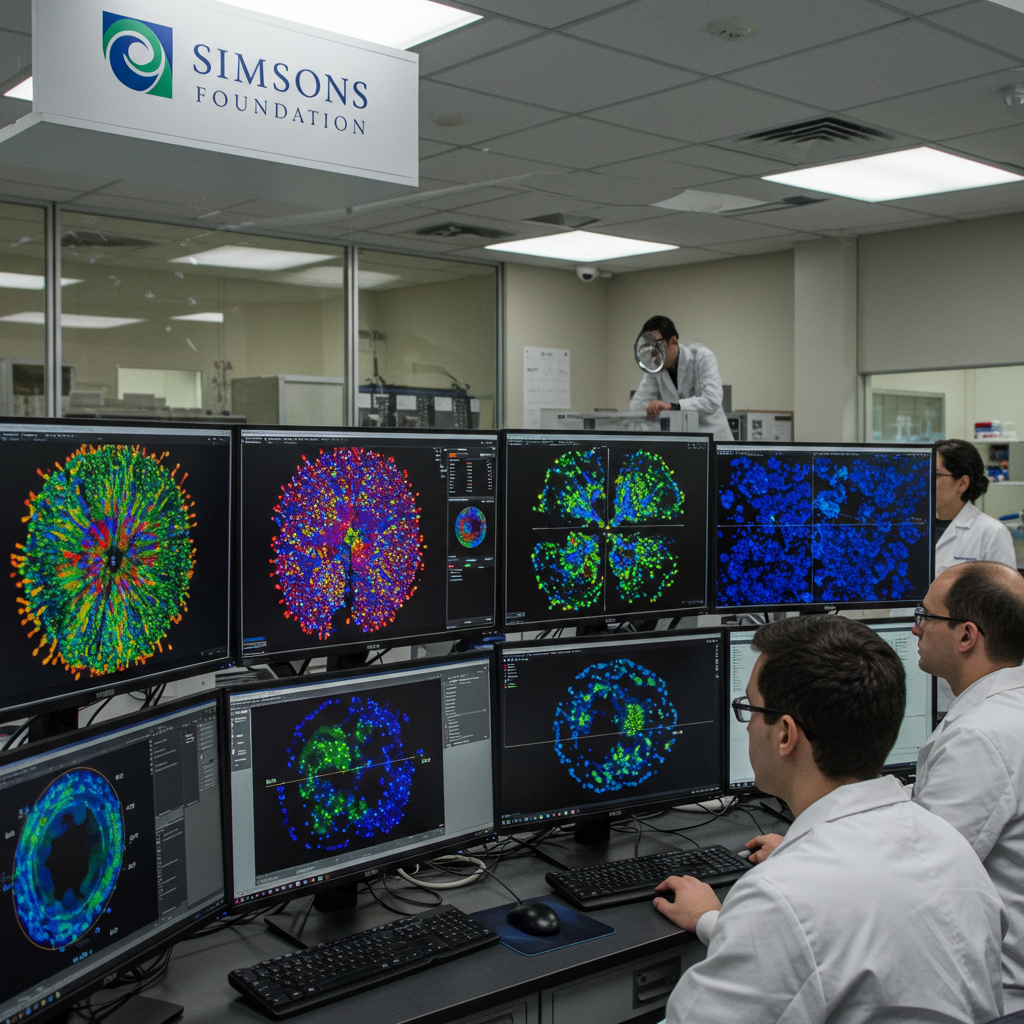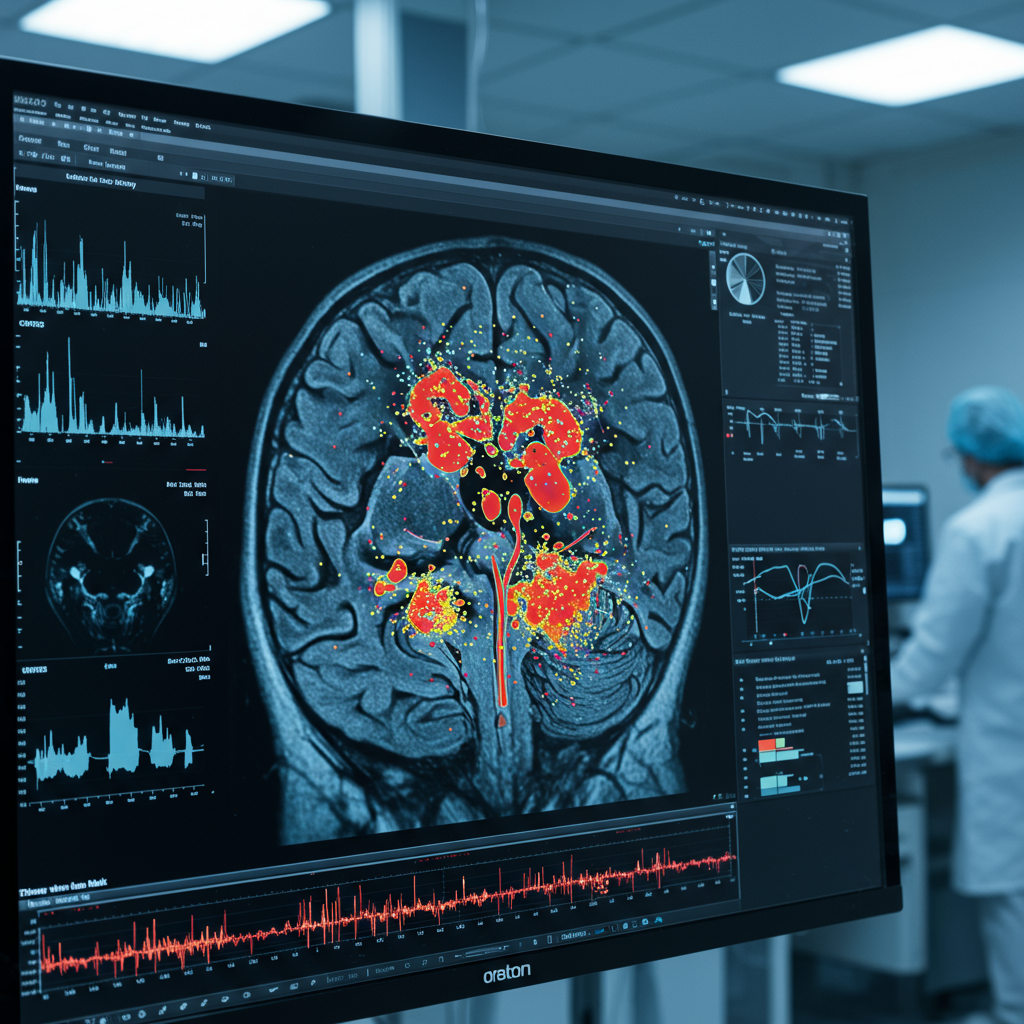Emerging research offers a compelling new perspective on brain health. Beyond shielding us from infectious diseases, certain vaccines may also play a crucial role in lowering the risk of dementia. This insight marks a significant shift in our understanding of proactive cognitive protection. Studies suggest a profound connection between our immune system, chronic inflammation, and the long-term health of our brains. Experts emphasize the vital role vaccines play, especially for older adults. They prevent severe infections that could otherwise accelerate cognitive decline. This article delves into the science behind this exciting development, exploring specific vaccines and how they might safeguard your mind.
The Unexpected Connection: Vaccines and Brain Health
For years, vaccines have been celebrated for their power to prevent debilitating illnesses. Now, their protective reach appears to extend further, into the realm of neurological health. Researchers are uncovering fascinating associations between routine vaccinations and a reduced likelihood of developing dementia. This isn’t just about avoiding a severe flu or shingles episode. It’s about a broader protective effect on the brain.
Avram Bukhbinder, a physician and researcher at Massachusetts General Hospital, highlights this point. He notes that vaccines “protect against these really potentially severe infections, especially in older adults.” Preventing such infections, he adds, offers “huge” benefits. These insights suggest a promising avenue for public health. Leveraging existing, widely accessible interventions could offer a new strategy against a global health challenge. Dementia currently affects over 55 million people worldwide. Projections suggest this number could triple by 2050, underscoring the urgency for effective prevention.
Unpacking the Evidence: Key Vaccines for Cognitive Protection
Several specific vaccines are now under the spotlight for their potential neuroprotective benefits. The evidence spans multiple studies and offers exciting implications for cognitive well-being.
The Shingles Vaccine: A Breakthrough in Dementia Prevention
One of the most robust findings involves the shingles (herpes zoster) vaccine. A comprehensive 2025 study from the University of Oxford, leveraging a unique natural experiment in Wales, provided strong evidence. The research employed a sophisticated regression discontinuity design. This method compared very similar groups, differing primarily by their eligibility for vaccination based on birthdate.
The study revealed that receiving the zoster vaccine significantly reduced the probability of a new dementia diagnosis. Over a seven-year follow-up, vaccinated individuals experienced a 20.0% relative reduction in dementia incidence. This effect was particularly pronounced in women. They showed a markedly greater protective benefit than men. Researchers explored several mechanisms for this protection. It could be due to a reduction in both clinical and subclinical varicella zoster virus (VZV) reactivations. Additionally, a VZV-independent immunomodulatory effect is plausible. This suggests the vaccine might broadly enhance the immune system in ways beneficial to the brain. While this landmark study focused on the live-attenuated Zostavax vaccine, newer recombinant vaccines like Shingrix are also being investigated. Shingrix, for instance, has been associated with a 17% lower dementia risk over six years in some analyses.
Influenza (Flu) Vaccinations: Consistent Protection
Annual flu shots offer more than just seasonal protection. Multiple observational studies and meta-analyses suggest they also lower dementia risk. A large US veteran cohort study found that repeated flu vaccination reduced the risk of dementia. Specifically, older adults receiving at least one flu vaccine were approximately 40% less likely to develop Alzheimer’s disease over four years. Data indicates that consistent, frequent vaccination over many years provides stronger protection. This underscores the cumulative benefits of maintaining an up-to-date vaccination schedule.
RSV Vaccine: Adjuvants and Early Findings
The recently developed RSV (Respiratory Syncytial Virus) vaccine, Arexvy, shows promising early links to cognitive benefits. Research indicates that this vaccine may be associated with a 29% reduction in dementia diagnoses within 18 months for adults over 60. A unique aspect of Arexvy is its inclusion of the AS01 adjuvant. This same adjuvant is also found in the Shingrix shingles vaccine. Scientists theorize that this adjuvant could boost immune system activity in ways that actively protect brain health. This effect goes beyond simply preventing the RSV infection itself.
Tdap and Pneumococcal Vaccines: Broader Immune Benefits
Beyond flu, shingles, and RSV, other common vaccines also show a potential connection to lower dementia risk. Studies suggest that pneumococcal vaccines (which protect against pneumonia) and Tdap vaccines (Tetanus, Diphtheria, Pertussis) are associated with reduced risk. The Alzheimer’s Association cited research indicating that pneumonia vaccination between the ages of 65 and 75 reduced Alzheimer’s risk by up to 40% in specific groups. These findings further support the idea that preventing common infections can have wide-ranging positive impacts on long-term brain health.
How Do Vaccines Protect Our Brains? Exploring the Mechanisms
The link between vaccines and dementia risk isn’t just correlational; researchers are actively investigating the biological mechanisms at play. Several theories explain how vaccines might exert their neuroprotective effects.
Combating Infection-Induced Inflammation
Frequent infections, especially those caused by respiratory viruses or herpes zoster, can trigger chronic inflammation throughout the body. This persistent inflammatory state can be detrimental to brain cells. It disrupts neural connections and may accelerate cognitive decline. Vaccines directly mitigate this risk by reducing both the likelihood and severity of infections. By preventing infections, they prevent the subsequent inflammatory cascade that can harm the brain. This minimizes cumulative immune stress on the brain over a lifetime.
Modulating Immune Responses
Certain vaccines contain adjuvants, substances designed to enhance the immune system’s response. For example, the AS01 adjuvant in Shingrix and Arexvy is believed to activate immune cells in specific ways. This activation might offer brain health benefits beyond fighting the target pathogen. This “VZV-independent immunomodulatory effect,” as suggested by some studies, implies a broader positive impact on overall immune function relevant to cognitive health. A well-regulated immune system is crucial for clearing harmful proteins and maintaining neuronal integrity in the brain.
Reducing Overall Disease Burden
Each severe infection places a significant burden on the body. This stress can impact various organ systems, including the brain. By preventing severe illnesses, vaccines reduce this physiological burden. This allows the body, and specifically the brain, to allocate resources to maintenance and repair rather than constant crisis management. Less cumulative illness means less stress and inflammation, potentially delaying the onset or progression of dementia.
Beyond Vaccination: A Holistic View of Brain Health
While vaccines show immense promise, they are one component of a broader strategy for cognitive well-being. Other lifestyle and health factors also play critical roles. Research highlights the importance of managing cardiovascular health, for instance. Atrial fibrillation (AFib), an irregular heartbeat, is strongly linked to an increased dementia risk, especially for younger adults. Early treatment of AFib is paramount.
Maintaining healthy cholesterol levels is another key factor. Studies indicate that specific levels of low-density lipoprotein cholesterol (LDL-C) can lower dementia risk, particularly when managed with statins. However, there’s a nuanced “threshold effect,” suggesting that excessively low LDL-C may not offer additional benefits. Furthermore, prioritizing deep sleep is crucial. Deep sleep aids the brain’s waste clearance system, removing “junk proteins” associated with Alzheimer’s disease. These insights underscore that a multi-faceted approach, combining vaccination with other health measures, offers the best defense against cognitive decline.
The Broader Landscape of Drug Repurposing for Dementia
The exploration of vaccines for dementia prevention aligns with a larger scientific trend: repurposing existing drugs. A recent Cambridge-led study, analyzing health data from 130 million people, identified broader links. Common prescription drugs, including antibiotics, antivirals, and anti-inflammatory medications, were also associated with a reduced dementia risk. Specific vaccines for hepatitis A, typhoid, and diphtheria were similarly implicated.
This research is particularly impactful given the current lack of a cure for dementia. Newly developed drugs can be expensive and offer limited benefits. Repurposing existing medications, with their established safety profiles, offers a faster, more cost-effective pathway to new treatments. The biological mechanisms proposed are similar: reducing inflammation, controlling infections, and generally improving brain health. This reinforces the growing theory that some forms of dementia may be triggered or exacerbated by viral or bacterial infections.
What This Means for You: Taking Action for Cognitive Well-being
The mounting evidence regarding vaccines and dementia risk is empowering. It offers actionable steps individuals can take right now. Adhering to recommended adult vaccination schedules is a simple yet impactful way to contribute to your long-term cognitive health.
Discuss your vaccination status with your healthcare provider. Ensure you are up-to-date on vaccines for influenza, shingles, RSV, Tdap, and pneumococcal disease. This proactive approach not only protects you from immediate infectious threats but may also offer a valuable layer of defense for your brain. Coupled with other healthy lifestyle choices, embracing vaccination can be a cornerstone of a comprehensive brain health strategy.
Frequently Asked Questions
How do vaccines potentially reduce dementia risk?
Vaccines are thought to lower dementia risk through several key mechanisms. Primarily, they prevent severe infections that can trigger chronic inflammation in the brain, damaging cells and neural connections. By reducing the frequency and severity of illnesses, vaccines lessen the overall stress burden on the body and brain. Some vaccines also contain adjuvants that might broadly modulate the immune system. This could lead to beneficial effects on brain health beyond just fighting the target pathogen. Essentially, vaccines help maintain a healthier, less inflamed internal environment, which is crucial for long-term cognitive function.
Which specific vaccines are currently linked to lower dementia risk?
Recent research highlights several vaccines with promising links to reduced dementia risk. The shingles vaccine, particularly the live-attenuated Zostavax, has shown a significant 20% relative reduction in dementia incidence over seven years in one major study. Annual influenza (flu) vaccinations have consistently been associated with lower risk, with some studies suggesting a 40% reduction for Alzheimer’s. The newer RSV vaccine, Arexvy, is linked to a 29% reduction in dementia diagnoses within 18 months. Additionally, Tdap and pneumococcal vaccines have also been associated with reduced dementia risk.
Should I get vaccinated specifically to protect against dementia?
While the research linking vaccines to lower dementia risk is highly promising and continues to evolve, vaccination should primarily be undertaken for its established role in preventing infectious diseases. However, the emerging evidence provides an additional, compelling reason to stay up-to-date on your recommended adult vaccination schedule. It’s a proactive step that offers dual benefits: protection from illness and potential long-term cognitive health advantages. Always consult with your doctor or healthcare provider to discuss your personal health profile and determine the most appropriate vaccination plan for you.
Conclusion: A Promising Pathway for Brain Health
The connection between vaccinations and a reduced risk of dementia represents an exciting frontier in public health. It reframes our understanding of vaccine benefits, moving beyond infection control to encompass long-term neurological well-being. The evidence, particularly for the shingles vaccine, flu shots, RSV vaccine, and others, is growing stronger. These findings underscore the profound and multifaceted impact of our immune system on cognitive health.
As research continues, the integration of routine vaccination into broader dementia prevention strategies seems increasingly vital. This offers a relatively simple, accessible, and cost-effective approach to safeguarding brain health for millions. Staying informed and adhering to recommended vaccination schedules, in consultation with your healthcare provider, is a powerful step toward a future of better cognitive health.




